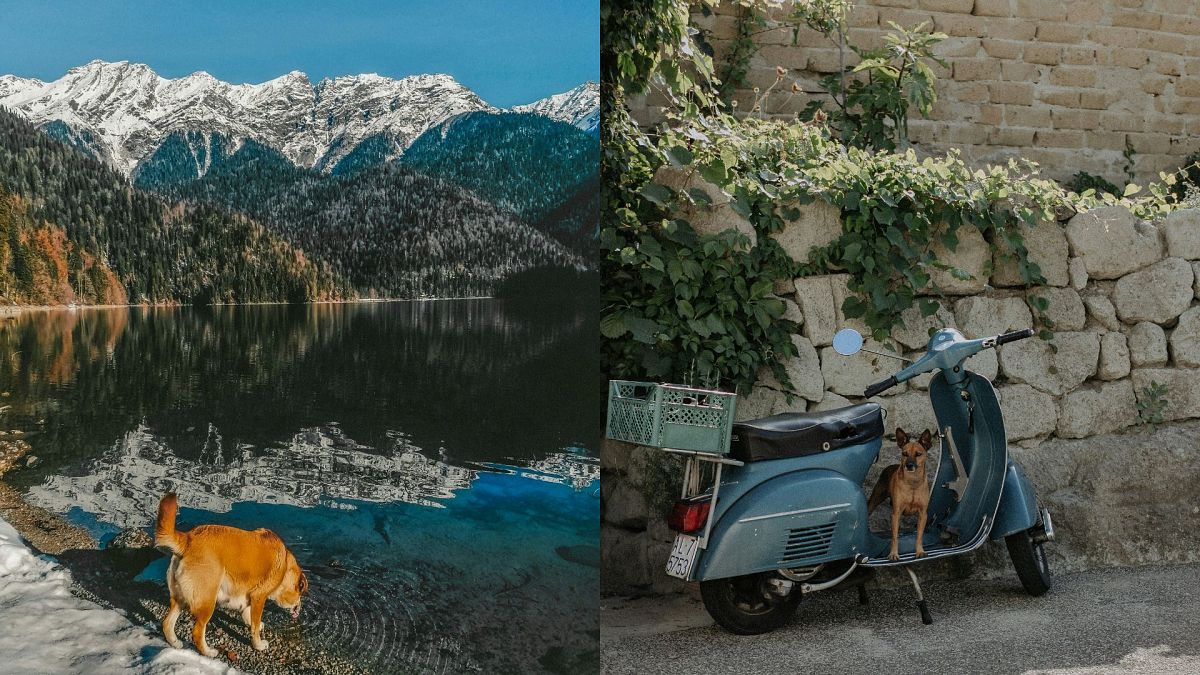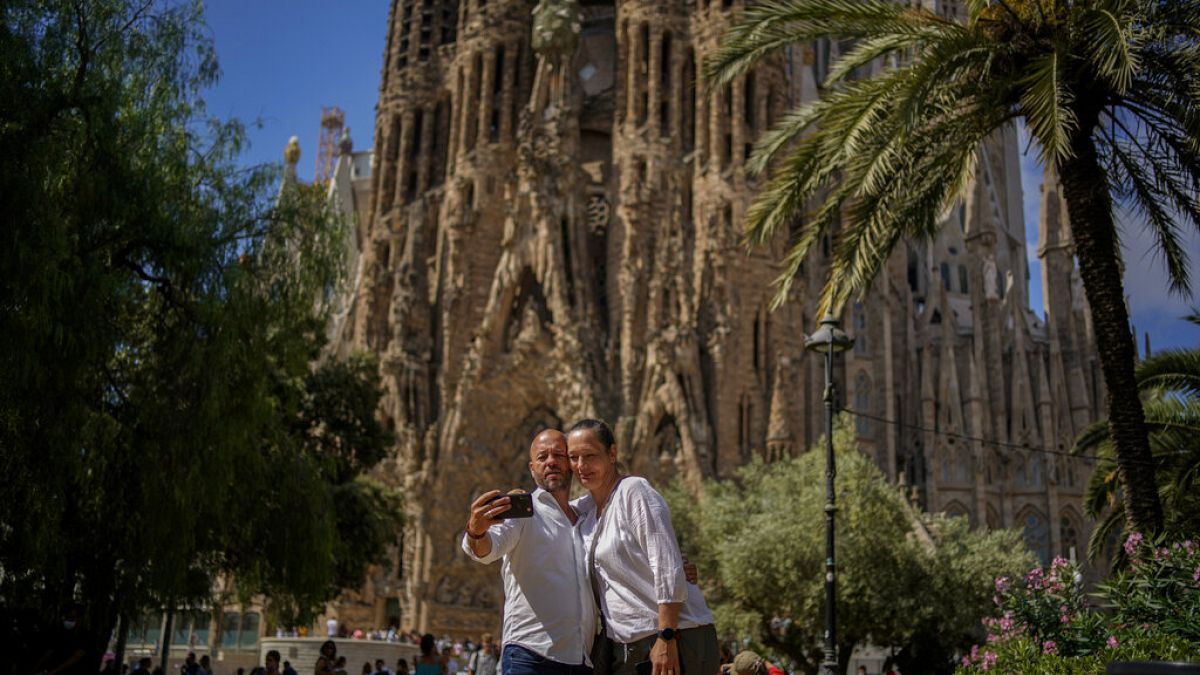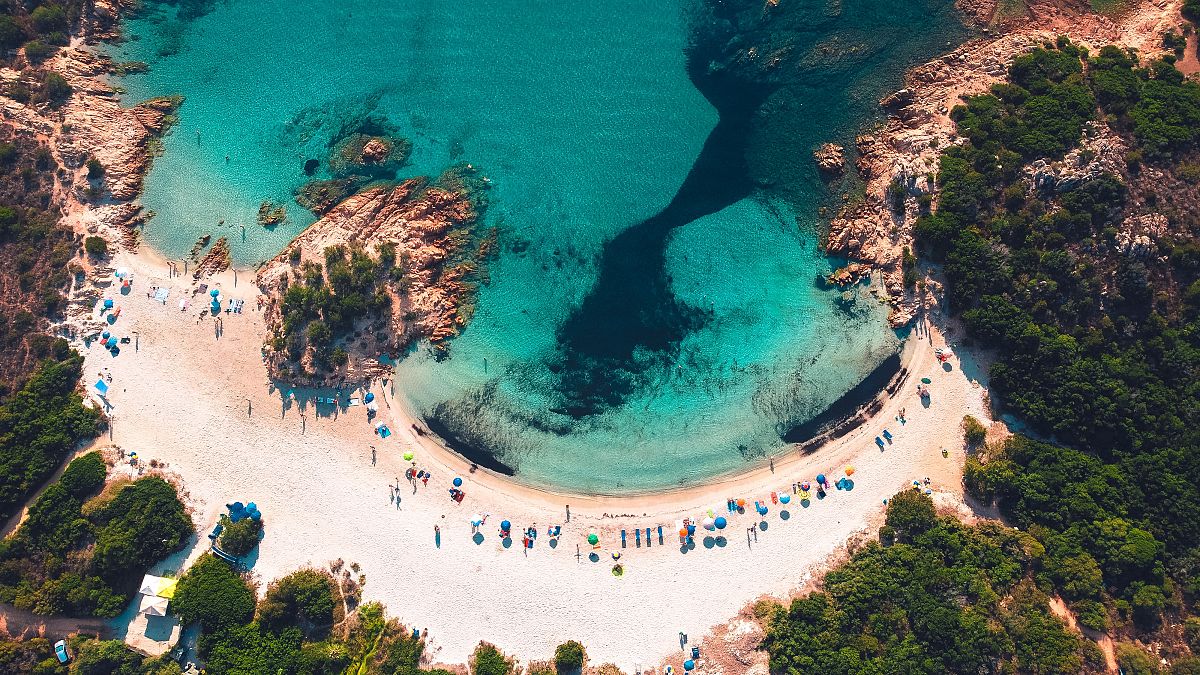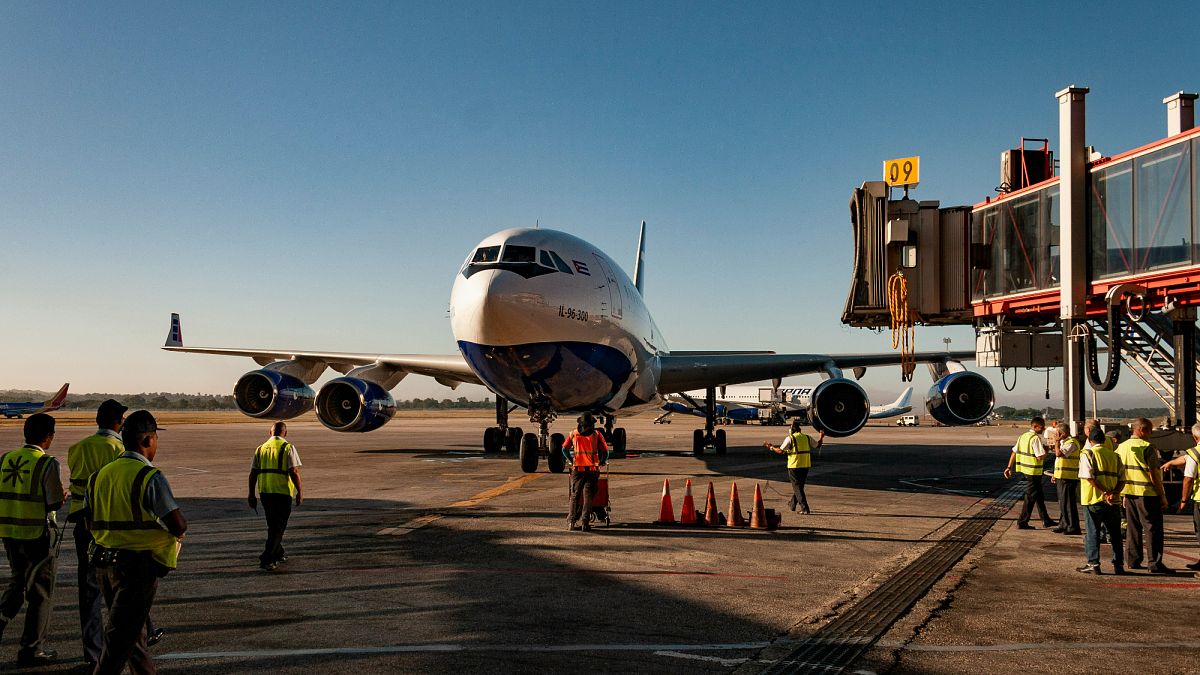Justin Francis founded Responsible Travel as a groundbreaking holiday company seeking to drive change in tourism.
Responsible travel has become a common motto for tourists, tourism companies and tourism boards as they seek to lessen their impact on the environment and local communities.
Now a phrase encapsulating everything from packing a reusable water bottle to avoiding overcrowded destinations, it was originally coined in 2000 by tourism pioneer Justin Francis.
Francis founded Responsible Travel as a groundbreaking holiday company seeking to drive change in the tourism industry.
Launched with the support of the late Body Shop founder Dame Anita Roddick, the business promoted an alternative type of travel aiming to reduce the negative impacts of tourism and maximise its benefits for local places and people.
As part of the UK’s 2025 New Year Honours, Francis was awarded an OBE for services to nature and the environment.
Euronews Travel looks back on 25 years of the world’s first responsible holiday company.
Responsible travel celebrates 25th anniversary
Responsible Travel started life as a research project for founder Francis while studying for an MSc in Tourism, Conservation and Sustainable Development at the University of Greenwich in 1999.
According to the company, it was a response to how the tourism industry had been packaging up ‘paradise’ for sale with little regard for local people or environmental impact.
This inspired Francis to found the Brighton-based activist holiday company a year later, alongside Professor Harold Goodwin.
“Responsible tourism is uniquely positioned to support a fairer transition to a nature-positive, low-carbon future,” says Francis, “generating vital conservation funding and income in the least advantaged communities and places of huge significance for biodiversity and carbon sequestration.”
To do so, Responsible Travel has screened its holiday partners from the start. The criteria include having a company-wide responsible tourism policy, a commitment to transparency, and a willingness to accept and engage with customer feedback.
Justin Francis wins OBE for services to nature
Since the launch of Responsible Travel, Francis has campaigned extensively on a range of human and animal rights issues, from orphanage tourism to cetaceans in captivity, as well as on accessibility and overtourism.
Starting in 2009, he has campaigned against voluntary carbon offset schemes - advocating instead for aviation system change, flight and carbon reduction and ambitious steps to restore nature.
In 2004, Francis founded The World Responsible Tourism Awards, now run by The International Centre for Responsible Tourism.
He was appointed to the UK Council for Sustainable Business (CSB) in 2018, where he still serves as nature lead advising the British government on the Environmental Improvement Plan and the role of business.
Francis also chairs Projects for Nature, a digital marketplace connecting nature restoration projects in the UK with corporate donors, and sits on the Board of Directors for Saruni Basecamp in Kenya, a community-based safari and conservation initiative working in partnership with Maasai and Samburu families across one million acres of land.
These wide-ranging projects and roles have led to him receiving an OBE for services to nature and the environment.
“It’s a huge honour to be recognised for the work that I love,” Francis says. “The responsible travel movement has come a very long way in 25 years.”
‘Responsible business is profitable’
Within the industry, the combination of travel and social and environmental responsibility was initially met with scepticism, Francis’ company says.
Now, however, there are dozens of ethical tourism companies around the world - and receiving sustainability credentials has become key to a business profile.
“Responsible business is not only possible, but profitable - proving that is essential to driving urgent industry reforms,” says Francis.
“There are obstacles still - in tourism and other sectors alike - but it’s encouraging to have seen what was once regarded as niche and oddball, progress to become a must-do for any credible business or tourism destination.”

 3 months ago
25
3 months ago
25






 We deliver critical software at unparalleled value and speed to help your business thrive
We deliver critical software at unparalleled value and speed to help your business thrive






 English (US) ·
English (US) ·